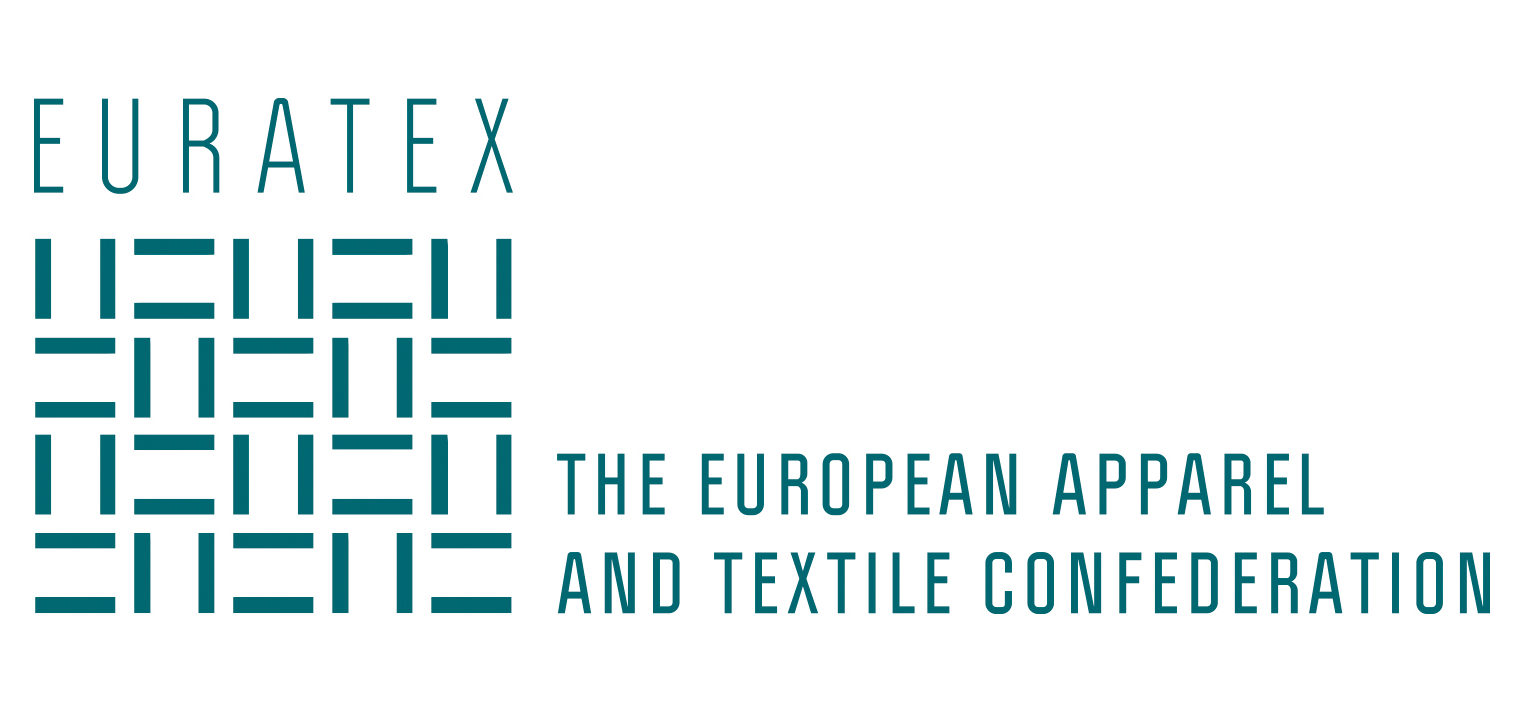
NGOs and European industries are once again joining forces to urge EU policymakers to prioritise closing legal loopholes in the regulation and enforcement of online trade via online marketplaces during the 2024-2029 mandate.
Online marketplaces play a significant role with a growing number of consumers today engaging in e-commerce, matching buyers and third-party sellers, attracted by benefits such as convenient search and payment mechanisms and broad product and seller choice. However, we want to draw attention to the ever-increasing number of non-compliant products available on the EU market through online marketplaces. These products span various policy areas, including product safety, sustainability, intellectual property rights (IPR), or the participation in extended producer responsibility schemes (EPR schemes).
The previous legislative term, through the Green Deal, established rules to help the EU achieve its climate targets and promote a sustainable future. The massive direct imports via online marketplaces are very relevant in the EU internal market. However, insufficient responsibilities for online marketplaces and the ineffective enforcement of existing EU requirements harm the environment, consumers, the competitiveness of European businesses, the functioning of the internal market, and the credibility and impact of EU legislation, as for example in the Green Deal and traditional product and chemical legislation.1
The increase of direct imports and products sold online, coupled with a lack of enforcement resources, makes it difficult for Market Surveillance Authorities to carry out sufficient compliance checks. While more enforcement capacities would be welcome, preventing the placement of massive amounts of non-compliant products from third countries on the EU market in the first place would be even more effective in addressing the issue. This will require additional obligations for online marketplaces in EU legislation.
The efforts to create an efficient internal market are undermined by the existing EU legal framework, where online marketplaces and their role as platforms in the Digital Services Act, can facilitate the sale of products from sellers all around the world to EU consumers – without being responsible for proactively checking the compliance of these products or packaging. This obligation lies only with economic operators and online marketplaces have yet to be recognized as such.
Neither the Digital Services Act (DSA), nor Product Safety legislation or the Green Deal have addressed this critical loophole: Online marketplaces are not considered economic operators nor to be placing products on the market.
EU legislation should ensure that all operators in the EU Internal Market comply with EU standards, fostering a fair and competitive European market, preventing unfair practices and enhancing enforcement by both Member States and European authorities.
To address the abovementioned issues, we recommend:
- A legal requirement that there is always an economic operator in the EU that is responsible for the compliance of products (incl. the packaging) that are sold into the EU: For all channels of online sales, there should be a European Union (EU)- or European Economic Area (EEA)- based economic operator
- responsible for the compliance of products sold in the EU under the scope of the relevant legislation for that product (e.g., Low Voltage Directive, Radio Equipment Directive, Toy Safety Regulation, Ecodesign for Sustainable Products Regulation, Classification Label and Packaging (CLP) or Registration, Evaluation, Authorisation and Restriction of Chemicals (REACH)).
- Recognition of online marketplaces as economic operators, and recognition that the online marketplaces are considered to be placing the products on the market if there is no other economic operator in the EU that can be considered to have placed the product on the EU market: This can be done either by
- Introducing an omnibus regulation amending all relevant legislation to acknowledge online marketplaces (including all possible online platforms such as comparison-websites and social media) that facilitate the sale of products and packaging from third countries’ sellers to the EU as economic operators. When the seller is based outside of the EU or EEA, the importer’s responsibilities should fall on online marketplaces.
- Amending the DSA section 4 (articles 29-32) so that the due diligence obligations of online marketplaces are aligned with the obligations of importers to make sure that the product sales facilitated on behalf of sellers in third countries follow EU legislation. The obligations of importers are almost the same across all product and environmental legislation. This requirement should not apply to the online marketplace if the products (including the packaging) are already imported by another economic operator in the EU and as such are already in free circulation on the EU market and connected to another economic operator.
- Enhanced Obligations for online marketplaces:
- If there are obligations connected specifically to the distribution of products (e.g. in environmental legislation) the online marketplace should take over the obligations of the distributor unless the online marketplace has ensured that the distributor has already fulfilled its obligations correctly.
- Online marketplaces should be responsible for the identification of fraudulent economic operators to prevent recurring illegal practices. They should have specific verification obligations set out in each piece of legislation. For example, they should check whether an energy label is available for certain products under the Ecodesign framework or whether the manufacturer of a product subject to Extended Producer Responsibility is registered with the authorities before allowing the product to be sold online.2 Here we can build on the best practices in Germany regarding checking obligations for online marketplaces.3
- Online marketplaces should have distinct obligations to accurately verify the information from traders selling on their platform either meets EU product requirements or they can demonstrate that they have a responsible economic operator registered in the EU or EEA before they can engage with consumers.
- While online marketplaces should have the responsibility to check the Extended Product Responsibility (EPR) compliance of their partners (like currently in Germany, France and Spain), online marketplaces should have the option to assume the EPR responsibilities (register, report, pay) on behalf of their partners, if the partners choose to do so. Here the most unbureaucratic approach can be found in France, where online marketplaces can simply step in for partners and assume the EPR obligations in case they do not choose to assume the EPR obligations themselves. A similar approach can be found in Art. 45 (5) of the Packaging and Packaging Waste Regulation (PPWR). It must be ensured that this concept is harmonized between the different EPR legislation, especially between the PPWR and the Waste Framework Directive (WFD).
- Improved Product Traceability: Products’ traceability through databases should be improved without compromising the credibility and functionality of the existing infrastructure with a correct interplaying of all the already existing databases. Priority should be given to connecting existing databases such as Substances of Concern in articles as such or in complex objects Products (SCIP), European Product Registry for Energy Labelling (EPREL) and Information and Communication System for Market Surveillance (ICSMS) with the Digital Product Passport. Prioritizing connectivity over creating new databases would bolster market surveillance.
- Equip Customs Authorities with better rules to stop illegal imports through small packages: The ‘deemed importer’ concept proposed as part of the Union Customs Code reform should be approved and fast-tracked. Besides, the ‘deemed importer’ definition should include the responsibility to ensure that the product or packaging complies with EU legislation. Along with the removal of the 150 Euro customs-free threshold, it provides a step forward by making online sellers and marketplaces importers (rather than consumers). They will be obliged to provide to the customs authorities not only the data necessary for the release for free circulation of the goods sold to consumers in the EU, but also the information that they must collect for VAT purposes. This will deter businesses from importing unsafe or non-compliant goods and encourage them to take more responsibility for ensuring that their goods comply with EU regulations. It would also simplify the process for both businesses and consumers and help to reduce fraud.
- Additionally, and given the substantial volume of products entering the market through online marketplaces, it is essential to allocate more resources to market surveillance and customs authorities and encourage further cooperation between these entities. This will enhance their capacity to inspect and test products effectively. Investing in digital tools and infrastructure will be crucial to support these efforts. A strong focus should be put on the enforcement of non-EU sellers and online marketplaces who sell directly to EU consumers, with the potential to block parcels and/or online marketplaces and vendors’ sites that demonstrate non-compliance.
Annex – Examples and data:
- 95% of products sold via online marketplaces are non-compliant with chemicals laws (REACH, CLP and BPR). The recommendations of the report note that “the main recommendations of the project are for the European Commission to make marketplaces responsible and liable for enforcement of illegal products/offers”. ECHA, 2021 enforcement of CLP, REACH and BPR duties related to substances, mixtures and articles sold online
- 90% of chemicals non-compliant with REACH come from outside the EU. CEFIC, 2021.
- 15% of products sold on SHEIN4 exceed EU chemical limits, according to a testing exercise carried out on 47 products by Greenpeace Germany. Greenpeace, 2022, Taking the Shine off SHEIN: A business model based on hazardous chemicals and environmental destruction
- 95% of toys bought from TEMU5 break EU safety rules in a mystery shopping exercise from Toy Industries of Europe (TIE 2024)
- 5-10% of EPR fees remain unpaid for electronics. OECD, 2018, Extended Producer Responsibility and the Impact of Online Sales.
- 2/3 of products from online marketplaces fail safety tests. BEUC, 2020, Two-thirds of 250 products bought from online marketplaces fail safety tests, consumer groups find.
- The “EEPLIANT3 Project” showed that the non-compliance with EU requirements remains worryingly high. For example, for household tumble dryers, 94 web shops were checked and 91% (249) of the 279 products were not compliant. On light sources, 83 e-shops were examined. 96% (239) of the 249 models checked on these websites did not comply with the EU requirements on display of the energy label and/or the Product Information Sheet. Testing was even more shocking as 71 out 80 (89%) light sources failed the verification testing.
- The latest edition of LightingEurope’s Online Mystery Shopper Exercise once again showed a high level of non-compliance online for lighting products. 71% of products inspected online were not compliant and 95% of products delivered and physically inspected were not compliant, meaning that most of them were missing CE and WEEE marking, Ecodesign and safety information requirements.
- Skin-lightening products purchased online from Belgium may contain high levels of mercury as investigations revealed between 2019 and 2023 (about 60% of products tested ranged between 1 ppm and 20.813 ppm, based on a target list of potentially dangerous creams). EEB & Zero Mercury Working Group 2019, 2022 and 2023.
- 84% of toys offered by non-EU sellers on online marketplaces did not meet EU safety requirements in a coordinated market surveillance campaign (CASP) in five EU countries.
- 65% to 100% of LED lightbulbs sold on online marketplaces were non-compliant with WEEE requirements according to EucoLight multinational study of end 2022 (in 8 participating countries).
Footnote
1. For example: Study to support the sustainable products initiative https://op.europa.eu/en/publication-detail/-/publication/67857c4e-d646-11ee-b9d9- 01aa75ed71a1/
2. This was demonstrated in a recent ruling by the Frankfurt am Main Higher Regional Court (OLG) (judgment of 21.12.2023, case no. 6 U 154/22) in which Amazon was considered liable when retailers repeatedly use incorrect terms on its platform in violation of EU rules. According to the OLG, the online platform is liable given that a retailer persistently and irregularly uses the term “soy milk” instead of “soy drink” when placing a product on the market via on its platform.
3. In Germany online marketplaces are not allowed to put a product online for sale from a manufacturer that is not registered with the German WEEE authorities (Stiftung ear). That obligation tripled the amount of registrations of producers that were before selling illegally and are now financing the EPR-Scheme in Germany.
4. Online marketplace
5. Online marketplace
